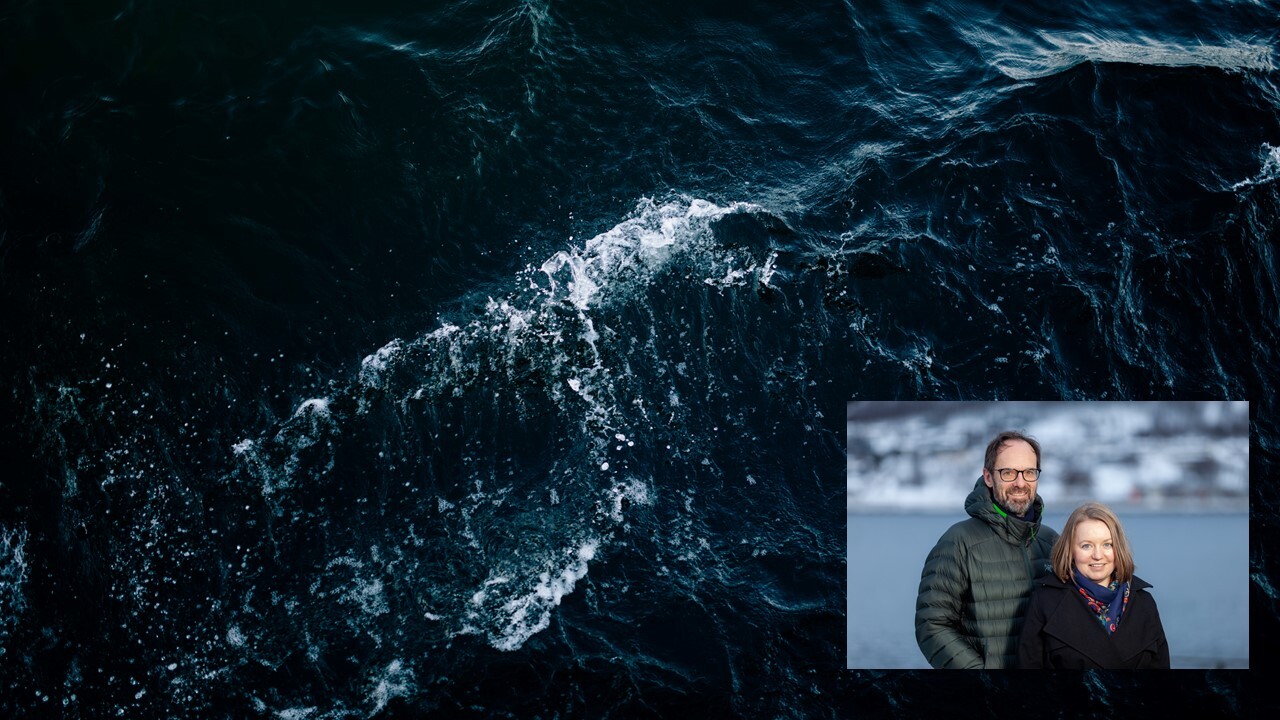Norwegian expertise is central to a new study published in the distinguished journal Nature.
“We have emphasised the importance of a holistic approach and stressed that the health of the ecosystem and a solid foundation of facts are the main pillars for sustainable resource management. Our analysis demonstrates that changes in climate will be the chief determinants of the ocean’s condition and properties, and that climate adaptation is the key to good ocean management,” says Jan-Gunnar Winter, director of Centre for the Ocean and the Arctic.
Winther is lead author of the study, which resulted from the collaborative efforts of a large international team of researchers. Two other Norwegians are among the co-authors: Therese Rist, also from Centre for the Ocean and the Arctic, and Alf Håkon Hoel, who is affiliated with UiT – The Arctic University of Norway and the Institute of Marine Research.
The article is based on a report the authors compiled under the leadership of the High Level Panel for a Sustainable Ocean Economy. Odd Emil Ingebrigtsen, Norway’s Minister of Fisheries and Seafood, believes it is important that Norwegian experts participate in these efforts.
“The current success of Norway’s ocean management has its foundation in our ability to develop relevant knowledge and put it to use. Improved knowledge about the ocean is a prerequisite for increasing sustainable utilisation of resources. I see it as positive that this work on the knowledge base on behalf of the High Level Panel for a Sustainable Ocean Economy is published and discussed in international journals, and that Norwegian research communities participate actively in these efforts,” says Ingebrigtsen.
According to the authors, holistic ocean management is the best way for us to achieve sustainability in the marine economy. Holistic management places central focus on the ecosystem and views oceans as a whole, across all the various enterprises that operate at sea and along the coast. By using up-to-date, reliable knowledge, and involving entrepreneurs and other interested parties, one can extract economic potential from the ocean while maintaining balance between utilisation and conservation.
The article expands on how ocean management is practiced in different parts of the world. Even though it is important to tailor management to each situation, successful ocean management shares some common features. These success factors include that scientific knowledge is both available and put to use, that one listens to and involves stakeholders who use the ocean – especially local residents and entrepreneurs, and that one pledges to follow international agreements concerning the ocean and implement national regulations in accordance with them. Nonetheless, as the article states, climate adaptation is an absolutely crucial factor.
“Climate change is the greatest threat of our time. Oceans are dynamic and change rapidly under the influence of climate. This must be reflected in how we manage the oceans. Our ability to adapt to climate change will set preconditions for the future marine economy,” says Winther.
The article is a condensed version of a longer report prepared for the High Level Panel for a Sustainable Ocean Economy, initiated and headed by Prime Minister Erna Solberg. The report – one of 16 “blue papers” – provides a knowledge foundation for recommendations that 14 heads of state and government belonging to the Panel will deliver to the United Nations.
The article is available at https://www.nature.com/articles/s41559-020-1259-6

